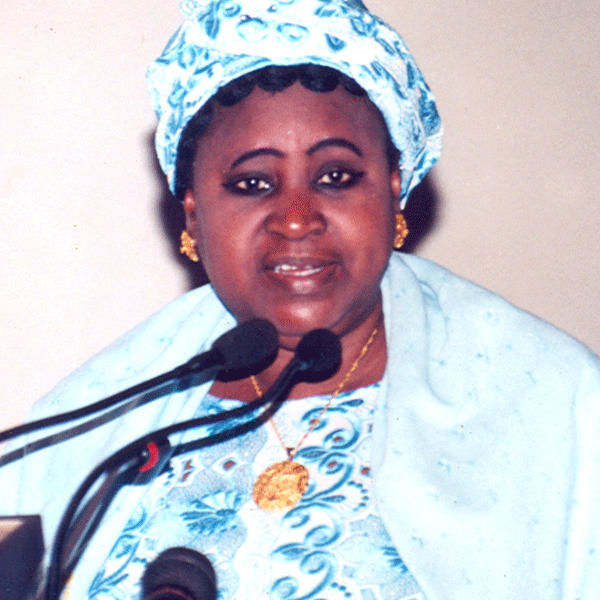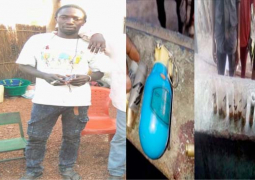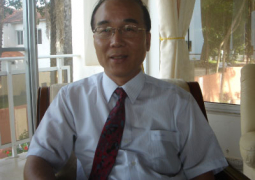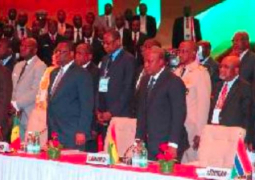
The Vice President and Minister of Women's Affairs, Aja Isatou Njie-Saidy, has said that Africa's problems require an African solution to solve them, using our heritage as a people of common origins.
Vice President Njie-Saidy, who was speaking at the opening of a three-day sub-regional workshop on cross border trade and investment, said Africans should not wait for outsiders to solve the continent's problems.
Organised by the Federation of West African Chambers of Commerce and Industry, the workshop brought together delegates from the 15 ECOWAS countries with a view to building consensus among all stakeholders for the effective implementation of the ECOWAS protocols relating to trade. Participants will also identify the barriers and obstacles to intra-ECOWAS trade.
Vice President Njie-Saidy described the workshop as timely, noting that as the world continues to grapple with the effects of the economic downturn, our part of the world must not stand aside, merely watching.
"We must become part and parcel of the global order where countries unite their efforts at promoting growth, and to help our people," she said.
It is rather unfortunate that despite its (West Africa's) vast resources, and a market of more than 260 million people, the ECOWAS sub-region has little to show in terms of internal trade, VP Njie-Saidy added.
She called on ECOWAS states to rely on themselves, and to save their people from poverty using their respective resources.
"We have to rely more on ourselves by boosting our productive sectors, and increasing trade among ourselves," she said, adding, "without this, we will only be enriching others and making ourselves poorer everyday."
Since the establishment of the ECOWAS Commission, there have been many policies to make economic integration a reality, but unfortunately the implementation of these policy instruments on the ground has always been sluggish, according to the Vice President.
She noted: "Yet the wish of the ECOWAS head of states is to see every impediment to the free movements of goods and services lifted."
She therefore challenged the participants to avoid any temptation of turning the forum into what she described as a "mere talking forum, devoid of action and commitment."
Mr. Wilson Atta Cruffa, the President of the Federation of West African Chambers of Commerce, in his statement called on ECOWAS countries to launch and use a single currency to provide easy integration in trade.
Transferring currency is a major problem within the ECOWAS states because of the different currencies, he added.
"Why should we not work very hard to introduce our own currency? This will help us a lot in our inter-trade and integration. Transportation is also another very big concern in West Africa. We have an obligation to fulfil, as the ECOWAS Commission is willing to support," he added.
The Director responsible for the private sector at the ECOWAS Commission, Mr. Alfred Mahmadu Braimah, said that in the coming decades, ECOWAS will surely advance.
However, he added that this development will only be possible when the private sector shows full commitment, and there is support from the governments to ensure that there is free movement of people, goods and services.
He noted that despite all the pool of talents and natural resources in West Africa, people are still poverty-stricken.
Speaking earlier, Mrs Fatou Sinyan, Treasurer of the Gambia Chamber of Commerce and Industry (GCCI), who deputised for the President of the GCCI, said the workshop aims, among others, to reach a common understanding among all stakeholders, including business operators and public officials, on the identified barriers to the implementation of ECOWAS trade-related protocols.
This, she added, is indicated by at least 90% of the conference participants acknowledging, in a post conference interview, that a common understanding has been reached on barriers to the implementation of the ECOWAS trade-related protocols.
The outcome of the workshop is expected to be a strategy to increase the intra-ECOWAS trade by 30% within a year and 50% within the next five years, she announced.




